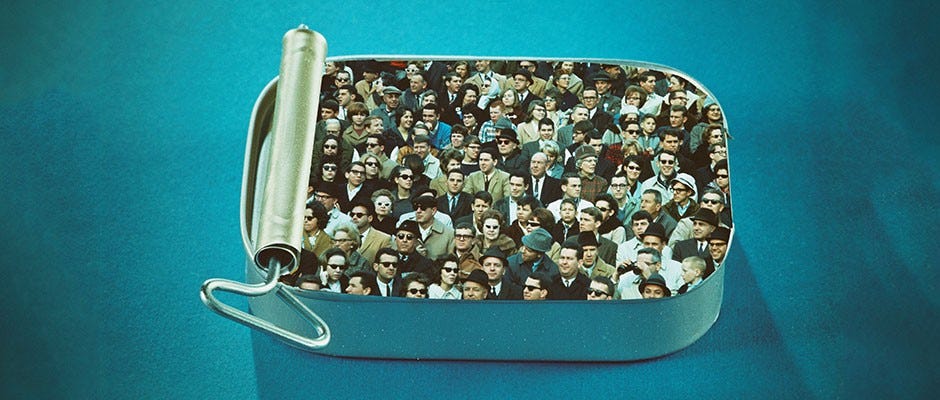I want to have children. Is that wrong? (Podcast)
Do human beings – and other animals – have the intrinsic right to reproduce?
When I was growing up in central Indiana, I didn’t have many friends. I’ve written a lot about how animals filled this gap. But there was another group of people that had a tremendous impact on my life: kids. As a tutor for my mom’s Kumon math education program, and a babysitter for the local Chinese community, I spent Friday nights, as a teenager, not at a party or the movies, but with kids half my age. And, like my animal friends, the kids I hung out with felt safe. They didn’t make fun of me for being fat, or tease me for my unfashionable clothes. They laughed at my dumb jokes, and they didn’t care that I liked reading about science more than playing sports.
And I think that’s one of the primary reasons that, from the time I was 10 years old, I knew I wanted to have kids. Kids have always had a special place in my heart.
But what if that desire, that I’ve held for most of my 41 years on earth, is wrong?
Carter Dillard, the former director of litigation at the Animal Legal Defense Fund, is not a famous name. But, for those of us who have followed the animal rights movement’s history, he has left an incredible mark. From representing the activists who executed some of the earliest open rescues in American history to laying down a prescient legal strategy for challenging the humane myth, Carter has been at the frontier of change.
And now he is fighting what he sees as the most important battle on earth: ensuring human overpopulation doesn’t send our entire planet into ecosystem collapse.
I blogged last week about how human beings have decimated the other species on planet Earth. We have replaced virtually every land-based mammal with human beings (or the livestock we kill to eat). Carter saw this firsthand, growing up, when the beautiful coastal landscapes of his hometown in Florida were replaced by a sea of concrete. He tells that story in our conversation.
But unlike most who are concerned about human population, such as the famous/infamous biologist Paul Ehrlich, Carter has an innovative approach: fighting human overpopulation by giving every human a right to have a child.
If you’re confused, you’re not alone. How can we stop population growth by giving people a right to have a child? When I first heard Carter say that he believed that all humans had this right, I thought I had mis-heard him. “Surely,” I thought, “he means that all humans do NOT have a right to a child.” But I heard him correctly. Carter simultaneously believes that humans are destroying the earth, due to our numbers, and that we can solve this problem by granting everyone a right to have a child. The way to resolve this seeming contradiction, however, is to understand that the right to have a child comes with accompanying responsibilities: in particular, the responsibility to ensure that the child we give birth to has a “fair start”; and the responsibility to ensure my right to have a child does not interfere with your right to give your own child a good life.
This turns the typical and sometimes misanthropic concern over human overpopulation on its head. We need to control the human population not because of an abstract and statistical commitment to maintaining the carrying capacity of earth, but because each individual child brought into this world (including, perhaps, the children of non-human species) has a right to live a dignified life.
So perhaps I’m not wrong, intrinsically, in my desire to have a child. But perhaps that decision, if I ever make it, should be one that is made not just by me, but by a community of people, all of whom might be affected by my choice. Carter and his team at Fair Start have some innovative ideas for how to engage in that sort of collective deliberation in a way that avoids the worst consequences of historical population control efforts, including China’s one-child policy.
What do you think? Is the decision to bring a new being into existence the foundation for all other moral decisions? Is our flawed approach to this decision the root of all the other problems on earth? Or should we, as others have argued, have the opposite concern, i.e., human underpopulation – and focus on bringing even more human beings into our nation or planet?
This conversation is a start but not an end. I’m interested in hearing what you think.
If you liked this post from The Simple Heart, why not share it?
